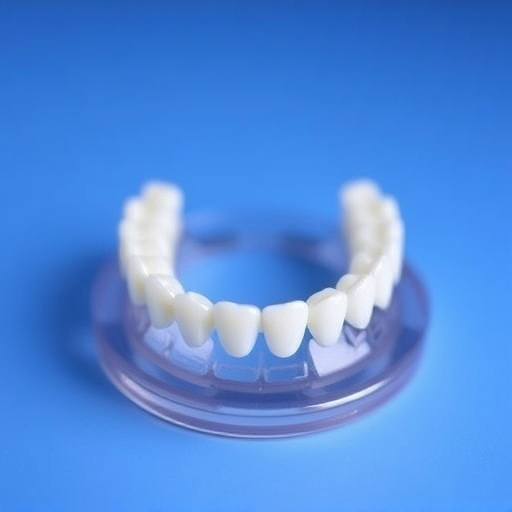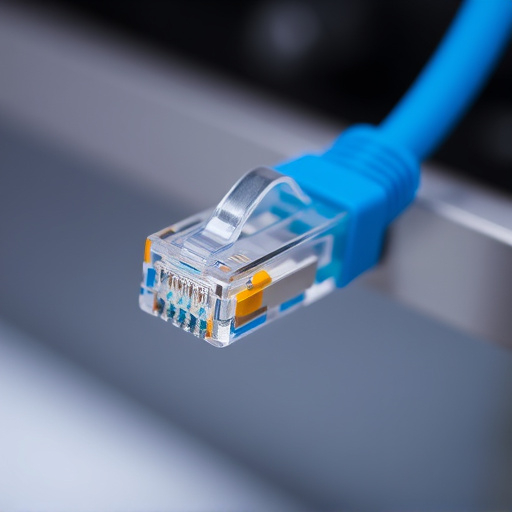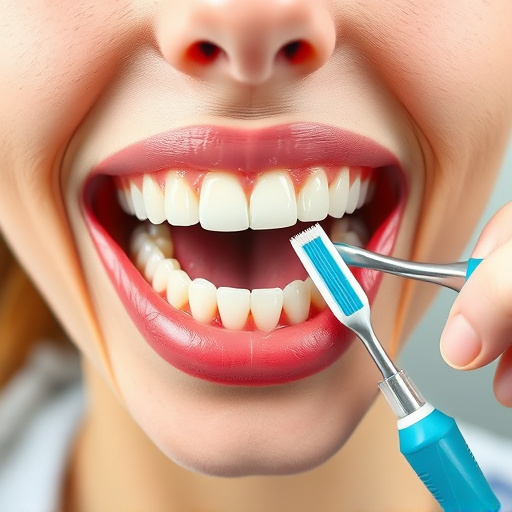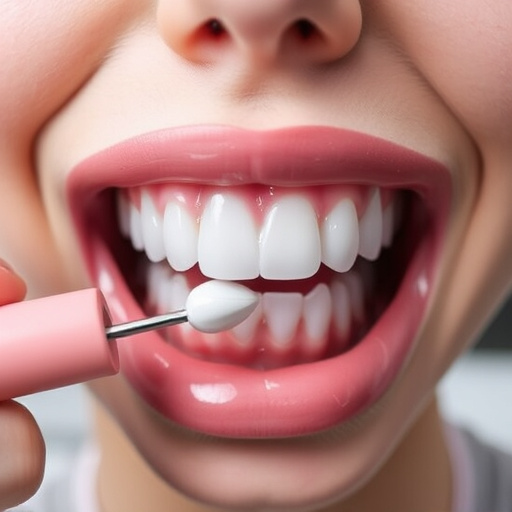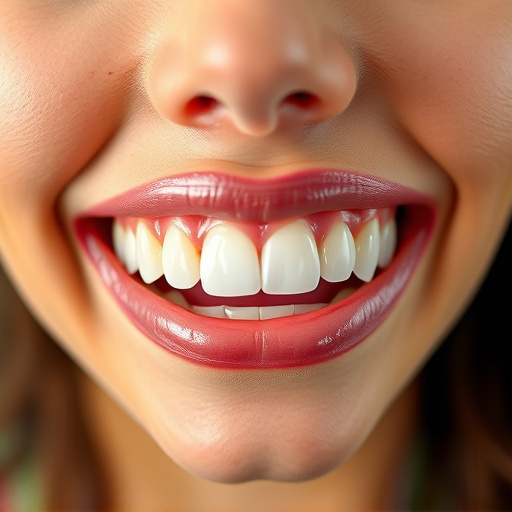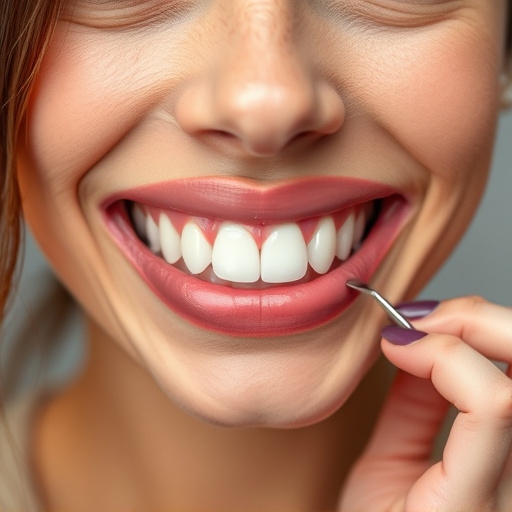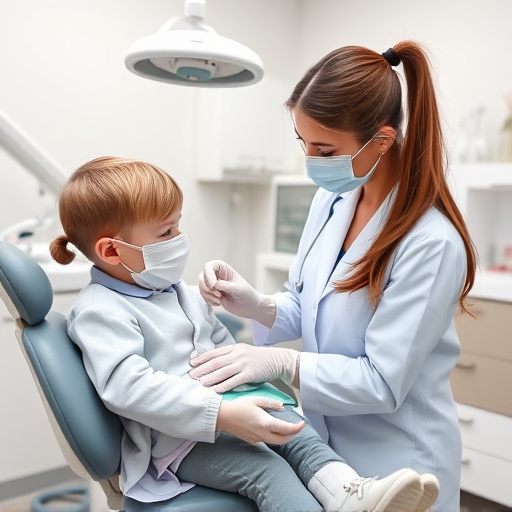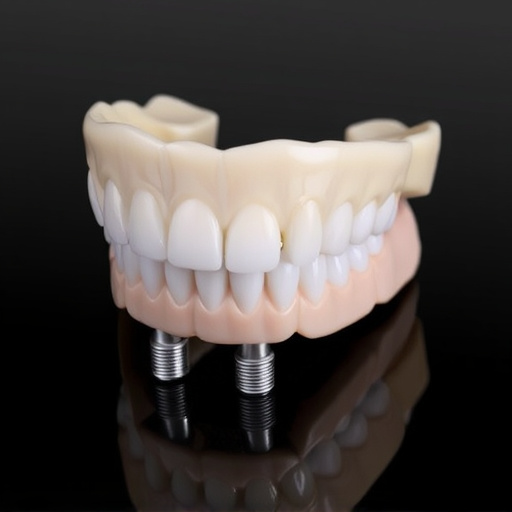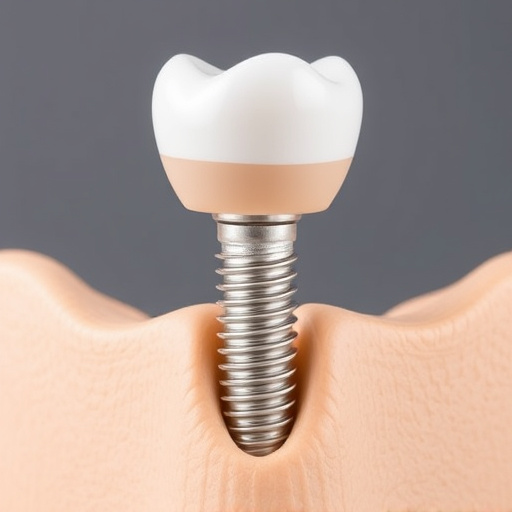Dental cleaning and exam frequencies vary based on individual oral health needs, including history of gum disease, tooth decay, age, and medical conditions. Most adults need bi-annual cleanings, but those with risks or existing issues may require more frequent visits to prevent and manage problems like decay or gum disease early, saving money and discomfort in the long term.
Understanding how often you should get a dental cleaning and exam is crucial for maintaining optimal oral health. This article delves into the recommended frequencies, exploring factors influencing these intervals and highlighting the numerous benefits of regular maintenance visits. By understanding your specific needs, you can navigate the process effectively, ensuring a healthy smile for years to come. Whether it’s every six months or annually, discover why consistent care is key to avoiding dental issues and preserving your oral health.
- Understanding Dental Cleaning Frequencies
- Factors Influencing Dental Exam Interval
- Benefits of Regular Maintenance Visits
Understanding Dental Cleaning Frequencies

Understanding Dental Cleaning Frequencies
The frequency at which you require a dental cleaning and exam varies based on several factors including your overall oral health, dietary habits, and genetic predisposition to tooth decay or gum disease. Generally, most adults are advised to schedule dental cleanings every six months. However, if you have a history of periodontal (gum) disease, your dentist might recommend more frequent visits, possibly every three months. Regular check-ups not only help in maintaining healthy teeth and gums but also allow for early detection of potential issues like cavities, plaque buildup, or even signs of wisdom tooth removal needs.
During these appointments, besides a thorough cleaning to remove dental plaque and tartar buildup, your dentist will perform a comprehensive exam. This includes checking for any loose or damaged fillings, examining your teeth for signs of decay, and assessing the health of your gums. If necessary, procedures like dental bonding or implants may be discussed as part of maintaining or restoring your oral health. Regular dental cleanings are an investment in your long-term oral health, ensuring that you stay on top of any potential problems before they become more serious.
Factors Influencing Dental Exam Interval
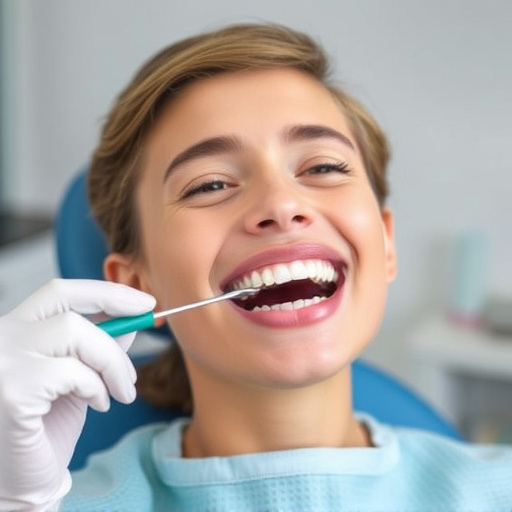
The frequency of dental cleaning and exams is determined by several factors, each playing a crucial role in maintaining optimal oral health. One of the primary considerations is your overall dental history. Individuals with a history of gum disease or tooth decay may require more frequent visits for cleanings to prevent further issues. Additionally, the state of your teeth and gums can impact the recommended exam interval; those with healthier mouths might only need bi-annual check-ups, while others may require more regular monitoring.
Age is another significant factor. Children and teenagers generally need more frequent dental cleaning and exams due to the ongoing development of their oral structures and increased risk of cavities. In contrast, adults should focus on maintaining a consistent oral hygiene routine at home, which can contribute to longer intervals between professional cleanings. Moreover, certain medical conditions or medications may require special attention, leading to more regular dental visits, even if there are no immediate concerns.
Benefits of Regular Maintenance Visits
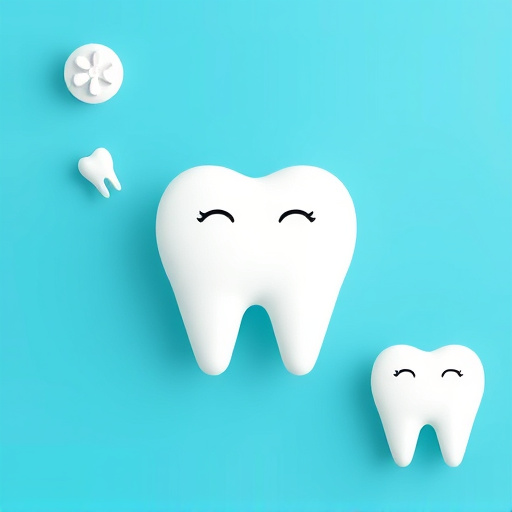
Regular maintenance visits for both dental cleaning and exam are essential for maintaining optimal oral health. These appointments allow dentists to thoroughly remove plaque and tartar buildup that everyday brushing and flossing may miss, preventing potential issues from developing into more serious problems like tooth decay or gum disease. By addressing these concerns early through preventive care, individuals can avoid the need for extensive restorative dentistry, including procedures such as dental fillings, which can be both costly and time-consuming.
Moreover, routine exams play a crucial role in identifying any emerging oral health issues at their earliest stages. Dentists can detect subtle changes in your mouth, like signs of decay or even early symptoms of gum disease, allowing for prompt treatment. This proactive approach to oral care not only saves money on more complex procedures in the future but also ensures that any discomfort is minimized and overall dental health remains robust.
Regular dental cleaning and exam visits are essential for maintaining optimal oral health. Based on individual factors, these appointments should occur every 6 months to a year. During these visits, professional cleanings remove plaque buildup, while thorough exams can catch potential issues early. By prioritizing routine care, you empower yourself to prevent costly treatments down the line and preserve a bright, healthy smile for years to come.

